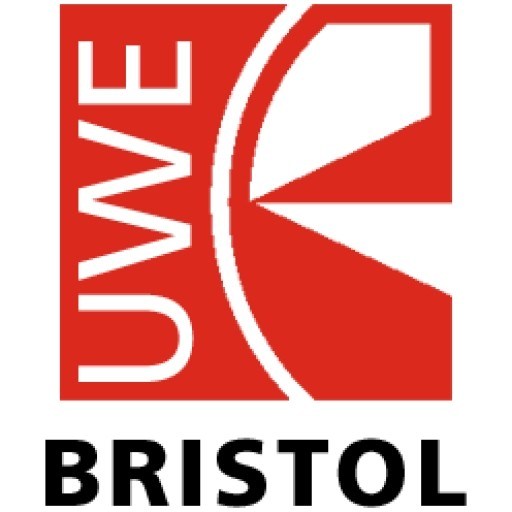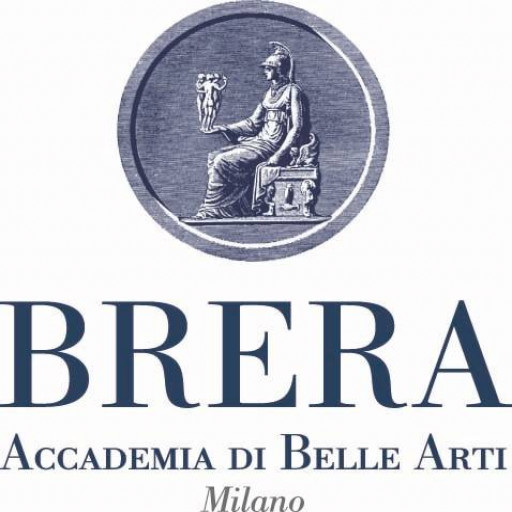Photos of university
The Film Studies program at Queen Mary University of London offers students an in-depth exploration of the history, theory, and practice of cinema from around the world. Designed to provide a comprehensive understanding of film as a cultural, artistic, and technological phenomenon, the course combines academic rigor with opportunities for practical engagement. Students will examine a diverse range of films across different genres, periods, and national cinemas, enabling them to develop critical analytical skills and an appreciation for the evolving nature of the medium. The program covers key topics such as film history, film theory, genre analysis, gender representation, auteur theory, and the impact of digital technologies on filmmaking and distribution. Through a combination of lectures, seminars, screenings, and independent research, students will learn to contextualize cinematic works within broader social, political, and cultural frameworks. The curriculum also emphasizes the development of practical skills, including film analysis, writing, and digital editing, preparing graduates for careers in film criticism, production, curation, education, or further academic research. Queen Mary’s vibrant academic community and state-of-the-art facilities provide an inspiring environment for students to engage actively with both theoretical concepts and practical applications. Additionally, the program encourages student participation in film festivals, industry events, and collaborative projects, fostering a dynamic learning experience that bridges academia and industry. Graduates of the Film Studies program will possess a critical and scholarly understanding of cinema, along with the practical skills needed to navigate the contemporary media landscape. The program aims to cultivate critical thinkers, creative practitioners, and informed commentators who can contribute thoughtfully to discussions about the cultural significance of film in society today.
Programme structure MA Film Studies is currently available for one year full-time study or two years part-time study.
You will take the Film Studies core module which spans two semesters and examines the many ways in which film has, during the course of a century, shaped both time and space. Drawing on an eclectic range of historical moments the module also provides an overview of national and transnational cinemas cultures (incorporating discussion of films from the USA, Britain, France, Germany, Spain, Italy, Russia and Latin America). You will also choose two single-semester module options. In addition, you will also complete an independent Film Studies Dissertation or Research Project.
Core module
- Film Studies
- Film Studies Dissertation or Research Project
Optional MA modules
- Documentary Film: Theory and Practice
- History, Fiction and Memory in French Cinema
- Hollywood and the Second World War (from the School of History)
- The Films of Powell and Pressburger
- 9/11 and American Film
Additional Optional modules available
- Cinemuseology: Theorising Cinema and the Museum
- Ecocinemas
- Film and Ethics
- Film Philosophy
- Mapping Contemporary Cinema
- New Independent Indian Cinema
You will also be able to take one option offered by another MA programme in Film or Screen Studies at Birkbeck, Goldsmiths, King’s, SOAS, or UCL, if a topic is of particular interest, through our joint agreement.
We normally require an upper second class honours degree or equivalent in film or a relevant subject (such as English, history, media or modern languages).
International applicants
Students from outside of the UK help form a global community here at Queen Mary. For detailed country specific entry requirements please visit the International section of our website. If your first language is not English, you must provide evidence of your English language proficiency. You can find details on our English language entry requirements page.
If you do not meet language or scholarly requirements it might be possible for you to undertake foundation or pre-sessional programmes that will prepare you for the masters programme. For more information, please contact the Admissions Office.
The Film Studies program at Queen Mary University of London offers a range of financing options to support students throughout their studies. Tuition fees for domestic and international students vary depending on the year of entry and whether the student is classified as full-time or part-time. For UK students, the annual tuition fee is typically around £9,250 for undergraduate programs, while international students can expect fees to be approximately £17,000 to £19,000 per year. These fees are subject to annual revisions and should be confirmed on the official university website for the specific academic year.
In addition to tuition fees, students need to budget for living expenses, which in London can range from £12,000 to £15,000 annually, covering accommodation, food, transport, and personal costs. Queen Mary University of London provides various scholarships and bursaries to help mitigate these expenses. Merit-based scholarships are available for outstanding applicants, offering partial fee waivers, while need-based bursaries are designed to assist students from lower-income backgrounds. Details regarding eligibility and application procedures are detailed on the university’s Scholarships and Funding webpage.
For students requiring financial aid, the university participates in government funding schemes such as the UK Student Finance, which offers tuition fee loans and maintenance loans to eligible UK students. International students are encouraged to seek funding through external scholarships, grants, and sponsorships from organizations and foundations supportive of arts and media studies.
The university also promotes flexible payment plans, allowing students to spread out tuition payments over the academic year, easing financial burden. Furthermore, students have access to on-campus part-time job opportunities and internships, which can supplement their income and provide valuable industry experience.
Graduate students enrolled in advanced or research-level Film Studies programs can explore research funding and grants provided by the university or external arts councils. These funds support research projects, conference attendance, and publication costs.
Overall, Queen Mary University of London provides comprehensive financial support options for Film Studies students, helping to make the program accessible and affordable for a diverse student body. Prospective and current students are encouraged to consult the university’s official funding resources regularly to stay informed about new opportunities and updates.
As a student at Queen Mary, you will play an active part in your acquisition of skills and knowledge. Teaching is by a mixture of formal lectures and small group seminars. The seminars are designed to generate informed discussion around set topics, and may involve student presentations, group exercise and role-play as well as open discussion. We take pride in the close and friendly working relationship we have with our students. You are assigned an Academic Adviser who will guide you in both academic and pastoral matters throughout your time at Queen Mary.
Independent Study
For every hour spent in formal classes you will be expected to complete further hours of independent study. Your individual study time could be spent preparing for, or following up on formal study sessions; reading; producing written work; completing projects; and revising for examinations.
The direction of your individual study will be guided by the formal study sessions you attend, along with your reading lists and assignments. However, we expect you to demonstrate an active role in your own learning by reading widely and expanding your own knowledge, understanding and critical ability.
Independent study will foster in you the ability to identify your own learning needs and determine which areas you need to focus on to become proficient in your subject area. This is an important transferable skill and will help to prepare you for the transition to working life.
Assessment
You will submit three essays for the core module, one of 2,000-words and two of 3,000-words, and one 4,000-word essay for each of the two options. At the end of August you will submit a dissertation of 10,000 to 12,000-words.
Dissertation
You will also complete a 12,000-15,000 word dissertation.







